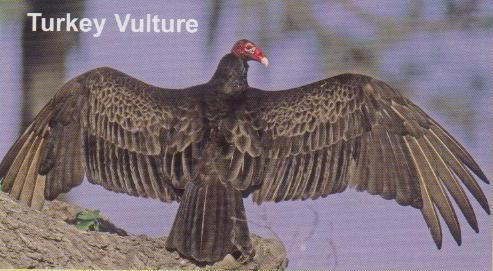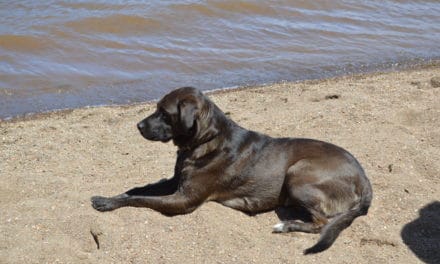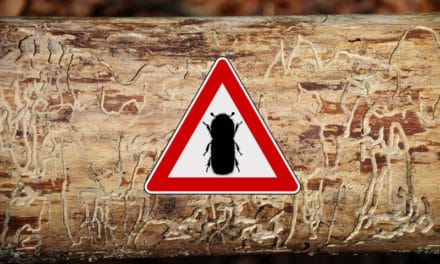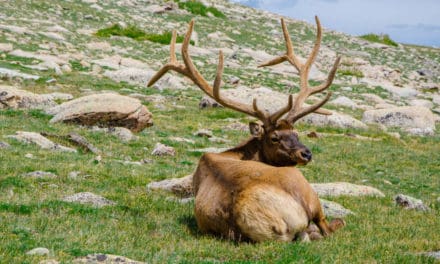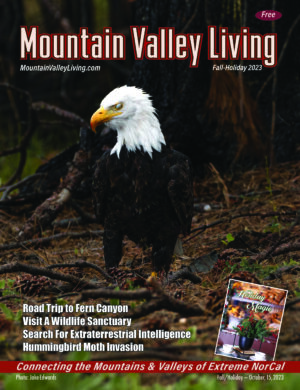By Melissa Wynn
Turkey Vultures are strange as birds go. Their appearance is quite odd with a small, bald, red head that looks somehow misplaced upon a large brownish black feathered body. A diet of road kill, dead fish washed ashore and other carrion make them a bit creepy as well, but even nature needs a housekeeper. A keen sense of smell is outside the box in the bird world but Turkey Vultures never claimed to fit in and are happy to sniff out their next meal. Dinner provides the majority of moisture in the vulture diet. Our weird winged neighbor rarely drinks water. Turkey Vultures cannot sweat and can often be seen roosting on a rock or in a shady tree with wings spread open letting the breeze cool their plump bodies. This intimidating stance is called the “horaltic pose” and gives the misunderstood scavenger an air of fierceness undeserved.
Also, unlike other birds, these regular stars of spooky movies have no song to sing. Turkey Vultures don’t squawk or whistle or chirp. An occasional hiss or grunt like noise, when threatened, is the extent of Turkey Vulture vocabulary. Masters of surfing the breeze, these silent aviators can be seen circling above for hours, rocking side to side and scarcely flapping a wing. The silvery flight feathers on the wings underside catch the light and camouflage the birds from below. With a wingspan up to 6 feet, Turkey Vultures seem big and scary but they are actually quite shy and don’t care for confrontation. They rarely hunt. Like an on-call janitor, these bizarre birds just wait for traffic or nature to make a mess and then make their living cleaning it up. I suppose that all that cleaning during the day leaves the Turkey Vulture little motivation for keeping a spiffy home. These nerdy birds raise their annual brood of one to three dark grey-faced, white down covered chicks in logs, caves, cliff hollows or just in the rocks on the ground but never build a nest. An unusual and unique creature for sure. Turkey Vultures march to the beat of a different drum and just seem to refuse to conform to the habits considered “normal” among birds. Next time you see one, take a minute to watch nature’s little rebel. They’re icky but they’re interesting.
Facts courtesy of desertusa.com and vulturesociety.homestead.com

